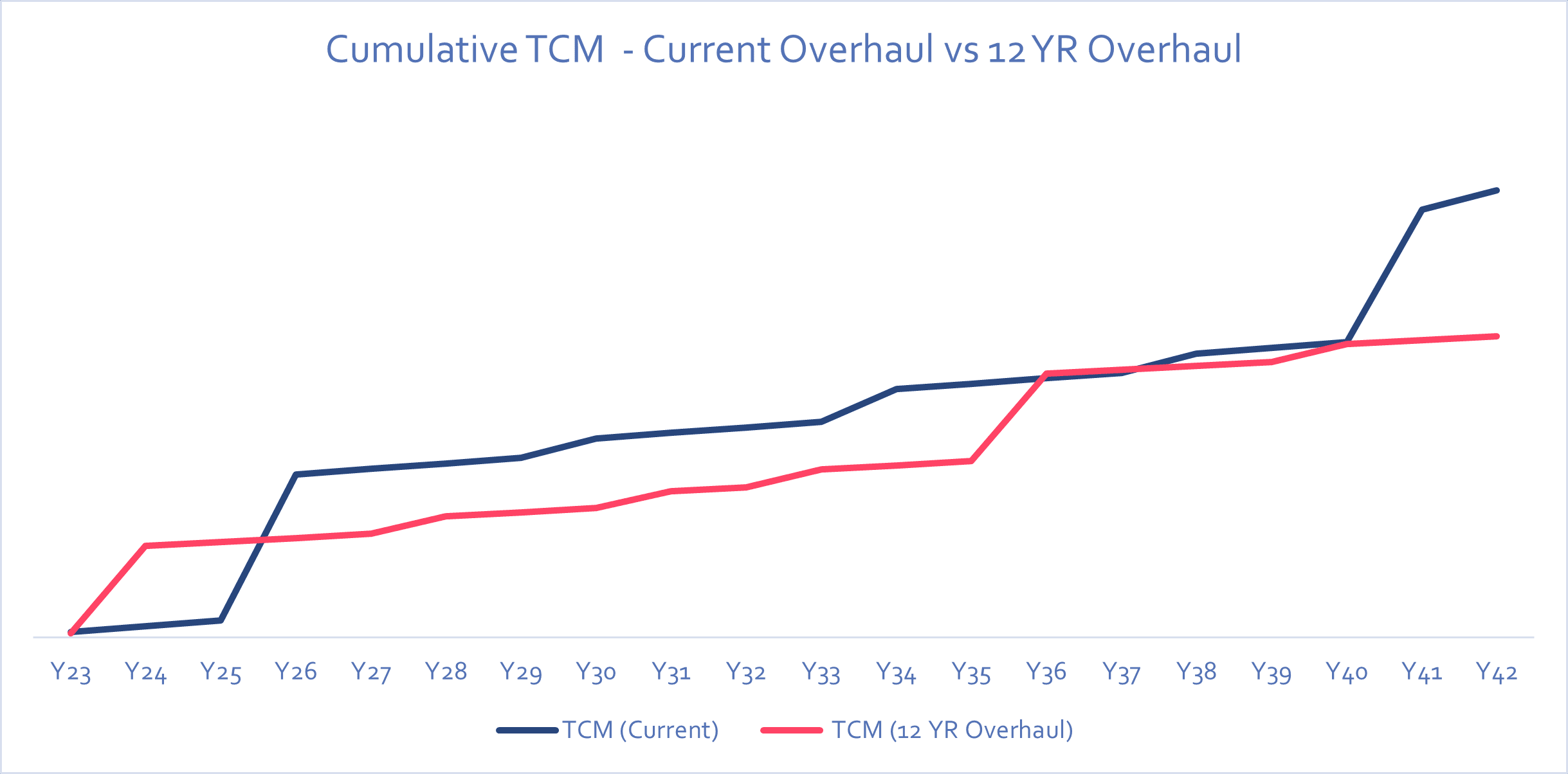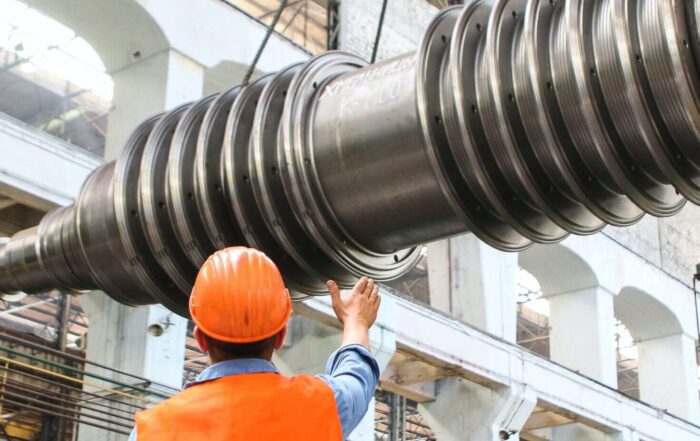This downstream oil company refines, distributes and markets petroleum products with their largest location in Texas with a capacity to refine over 600,000 barrels of crude oil per day. The maintenance and asset management experts of MaxGrip were asked to support their Reliability Improvement Program with a Failure Mode Effects Criticality Analysis (FMECA)pilot project. The goal was to optimize asset reliability and comply with safety regulations.
Objective: Optimizing Reliability
The oil company aims to be the world’s safest downstream company in the world.
As part of the client’s Reliability Improvement Program, they wanted to perform
Failure Mode Effects Criticality Analysis (FMECA) to further optimize asset
reliability proactively. FMECA helps to identify, assess, and mitigate potential
risks, enhancing operational reliability and efficiency. Its systematic approach
helps to prioritize maintenance activities, reduce costs associated with unexpected
failures, and comply with safety regulations.
The FMECA process aimed to:
- Establish a baseline for the failure modes of a selected equipment scope;
- Identify the localized and system-wide effects of potential failures, such as the impact on system availability;
- Assess the operational risk associated with each identified failure mode;
- Develop risk mitigation strategies and necessary maintenance tasks to reduce the risk to acceptable levels;
- Set a justified baseline for an optimal maintenance budget;
- Determine the optimal cost of ownership to rationalize the repair or overhaul approach for this scope of equipment.
Approach: Three-Stage FMECA
Stage 1: scoping
The first stage of the FMECA study started with a rigorous review and validation of documentation including historical failure data. This process ensured an accurate understanding of the project’s parameters. Subsequently, the functional system and its boundaries are defined to clarify system-environment interactions. Identification of associated P&ID’s and tags forms the next step, providing a detailed system overview. The final segment entails the generation of an equipment list and a consolidated FMECA study delivery plan, which sets the stage for the ensuing analysis.
Stage 2: FMECA Execution
The execution starts with the prepopulation of the FMECA to the specific items of equipment under scrutiny. The next step was conducting a FMECA workshop with a cross-functional team comprising the client’s engineers, operations specialists and facilitated by MaxGrip consultants. The workshop was primarily focused on assessing the operational context of the scoped equipment with. Based on the workshop outcomes, the FMECA study is finalized with the validation of failure modes, as well as determining operational consequences and risks tied to each failure mode. The FMECA study also included a tailored care strategy for each
tag that was generated.
Stage 3: Implementation of Equipment Care Strategy
In this stage the insights of the FMECA study were used to develop effective
Preventive Maintenance (PM) strategies. Risk mitigation strategies and
maintenance tasks underwent rigorous validation to confirm that the inherent
design safeguards and current operational philosophy were robust enough to
maintain failure risks within acceptable limits. The FMECA insights and PM
strategies were then handed over to the team for upload and implementation
in the EAM system. This ensures accurate, digitalized asset management.
Trade-off Analysis
The results of the FMECA also includes the findings of the trade-off analysis that was carried to optimize the overhaul strategy for the high-risk assets and to justify the maintenance budget for the overhaul strategy. The trade-off analysis examined the cost benefits of the current overhaul strategy versus a twelve year scheduled overhaul strategy. A 20-year Total Cost of Maintenance (TCM) forecast was used to baseline cost efficacy of the two competing overhaul strategies.

Figure: Trade-off Analysis - Cumulative Total Cost of Maintenance of Current Overhaul vs 12 YR Overhaul
The trade-off analysis shows that the proposed 12-year overhaul strategy is a 33% more cost-effective strategy when compared to the current overhaul strategy (TCM over a 20-year outlook). The contributing factors for the cost effectiveness of the proposed 12-year overhaul strategy are as follows:
- Maximization of the life expectancy of key components of the assets before the schedule overhaul;
- Reduction in Mean Time Between Repair (MTBR) for the singled-out assets;
- No cost escalation as repairs/replacement of components are scheduled and planned;
- Overhaul cost is more predictable allowing for cost control and optimization
Recommendations
To fully harness the benefits derived from this pilot FMECA initiative, MaxGrip recommended:
- Incorporate the FMECA data from this pilot into a comprehensive reliability strategy library. This will streamline the rollout process to similar equipment and significantly reduce the associated reliability costs.
- Integrate the condition monitoring strategies for the high-risk assets into a unified asset health monitoring model. This would enhance asset surveillance efficiency, fault diagnosis capabilities, and maximize pump lifespan before initiating overhauls.
- Review and update existing job plans, and link them to the justified Preventive Maintenance (PM) strategies for a seamless workflow.
- Conduct additional reliability analyses to establish the optimal runtime ratio between the duty and standby equipment. This would ensure a balance between maximizing the lifespan of the pumps and minimizing operational risk.
Results: Significant Cost Savings
- Technical risk profile, risk mitigating strategies and Asset Care Strategies have been established for the equipment in scope;
- Justification for an optimal overhaul strategy have been established for the highrisk assets with an expected 33 % reduction in Total Cost of Maintenance (TCM);
- A systematic framework has been developed to generate justifiable PMs that reduces the time to generate the PMs by up to 50%;
- Reliability assurance compliance for items of equipment in scope as part of a company-wide asset management compliance program.
savings, improved compliance and a safer way of working. The client is very happy
with the FMECA pilot project and they will keep working with MaxGrip to expand
the project to other equipment types.
Get inspired
In asset management transformation, the Change Story is your guiding 'Northern Star,' aligning stakeholders and laying out the path for change. Integral to effective communication, it's viewed by MaxGrip as a prerequisite for sustainable success.
We explore how proper data management can lead to significant increases in equipment updates and reduce overall inventory carrying cost.
Ontdek de kracht van verandering in ons webinar met Willem van Keulen. Leer essentiële change management-strategieën en krijg nieuwe inzichten.





